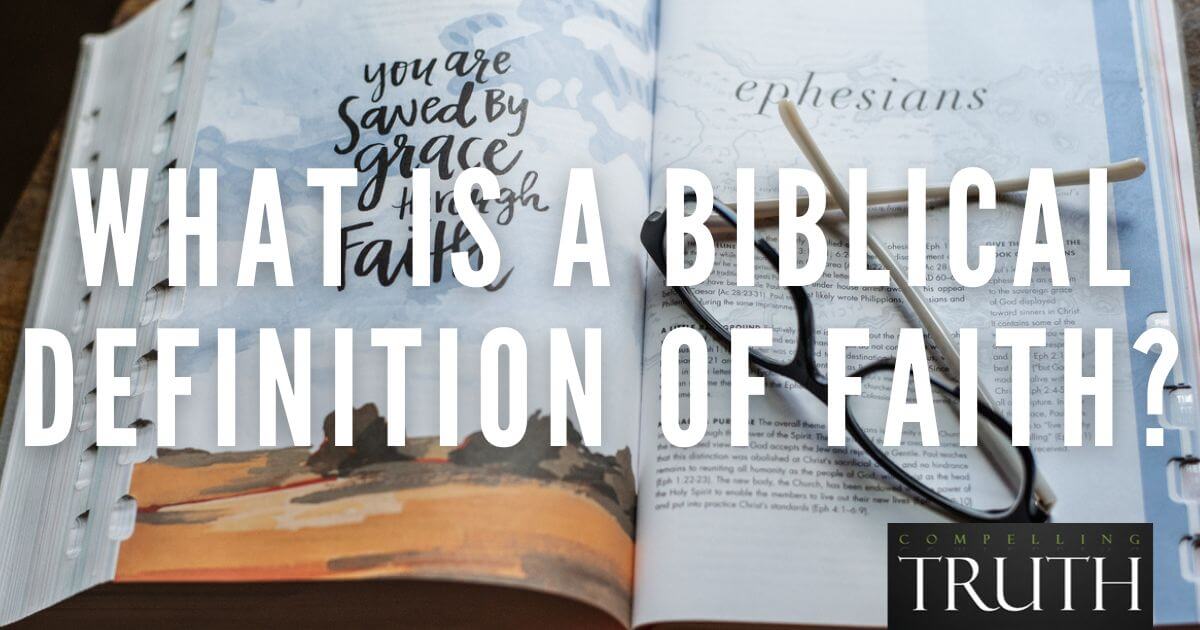God is sovereign. He is the Alpha and the Omega, all-knowing and all-powerful (Revelation 22:13; Romans 11:33–36; Job 42:1–2). From the beginning of Genesis to the end of Revelation, it is evident that God is in control. The Bible leaves no room for coincidence, affirming that God is sovereign, all-knowing, and all-powerful (Revelation 22:13; Job 42:1–2). Yet the Bible is also clear that our actions matter. While the term "coincidence" may appear in Scripture, such as in the parable of the Good Samaritan (Luke 10), it reflects human perspective, rather than divine intent, as God is already aware of the outcomes. Specific events, like Moses at the burning bush (Exodus 3) and Jesus’s arrival in Jerusalem during Passover (Revelation 13:8), make clear His precise timing and plans. We can find comfort in knowing that God is actively weaving our lives together for our good and His glory, assuring us that nothing is random in His divine economy.
God has a plan. He weaves together all events and all decisions for His greater purpose of redeeming His creation and being reunited with it. Moses coming across a burning bush was not coincidence (Exodus 3). God meant to meet him there. Abraham finding a ram to sacrifice instead of his son was not coincidence. God knew Abraham would be faithful to Him and provided an alternative sacrifice (Genesis 22). Jesus arriving in Jerusalem the week of Passover was not a coincidence. For Jesus Himself would take the place of the Passover lamb, forever destroying the power of sin with His final sacrifice. In Isaiah 46:9–11, God says, ". . .for I am God, and there is no other; I am God and there is none like me, declaring the end from the beginning and from ancient times things not yet done, saying, 'My counsel shall stand, and I will accomplish all my purpose,' calling a bird of prey from the east, the man of my counsel from a far country. I have spoken, and I will bring it to pass; I have purposed, and I will do it."
We can take comfort in knowing that God has a plan for our lives. In moments of uncertainty or when we face challenges, we can trust that God is orchestrating every detail for our good and His glory (Romans 8:28). Recognizing His hand at work in our circumstances can shift our perspective, helping us to hold onto faith over fear. As we seek to live according to His purposes, we can find peace in the assurance that nothing is random in God's economy—each event is an opportunity for growth, revelation, and deeper connection with Him.




